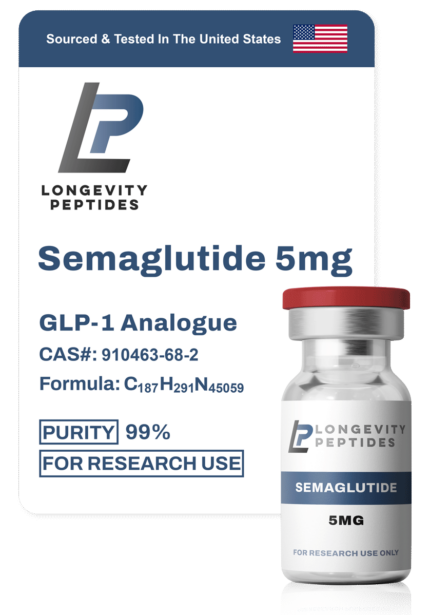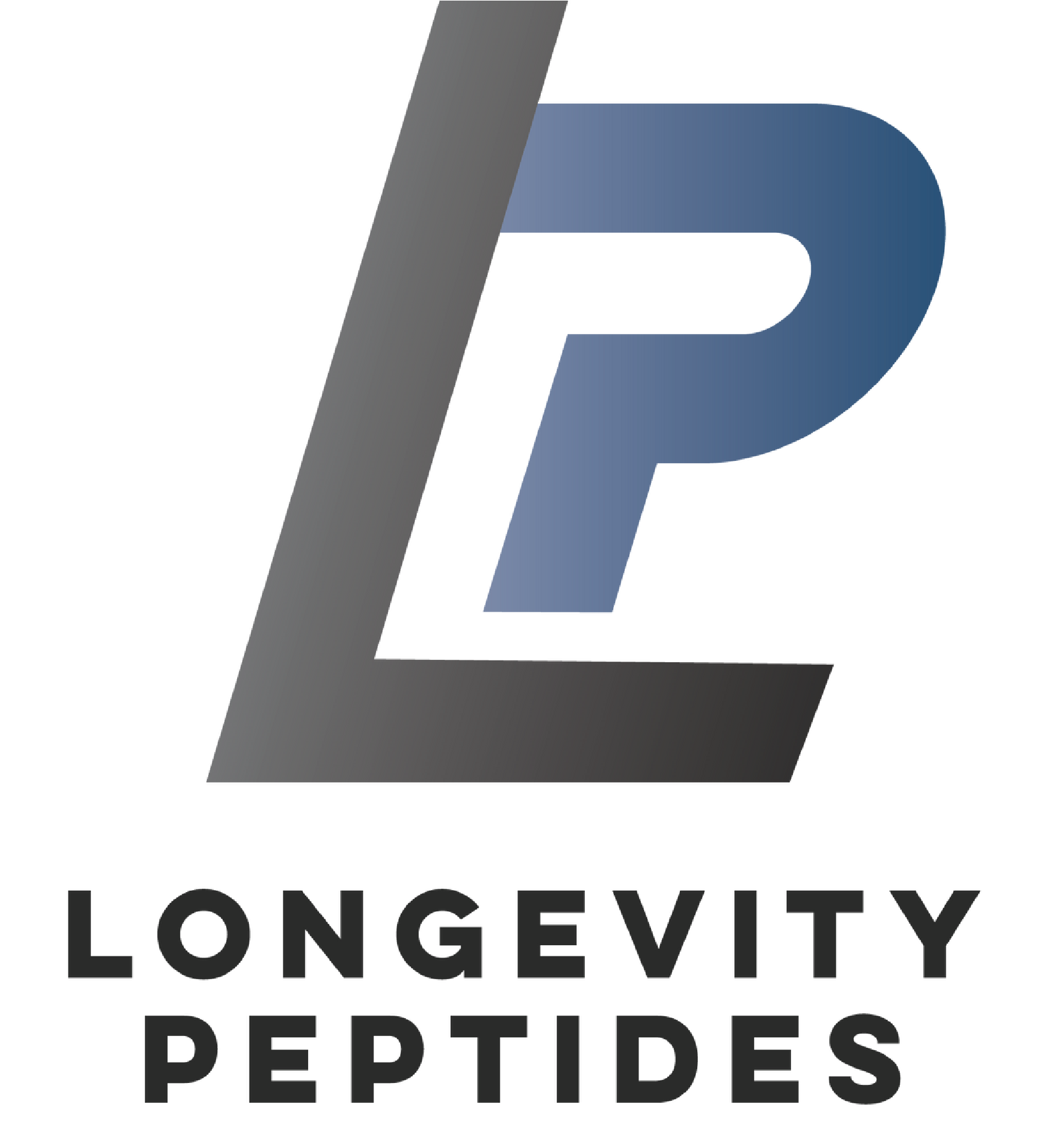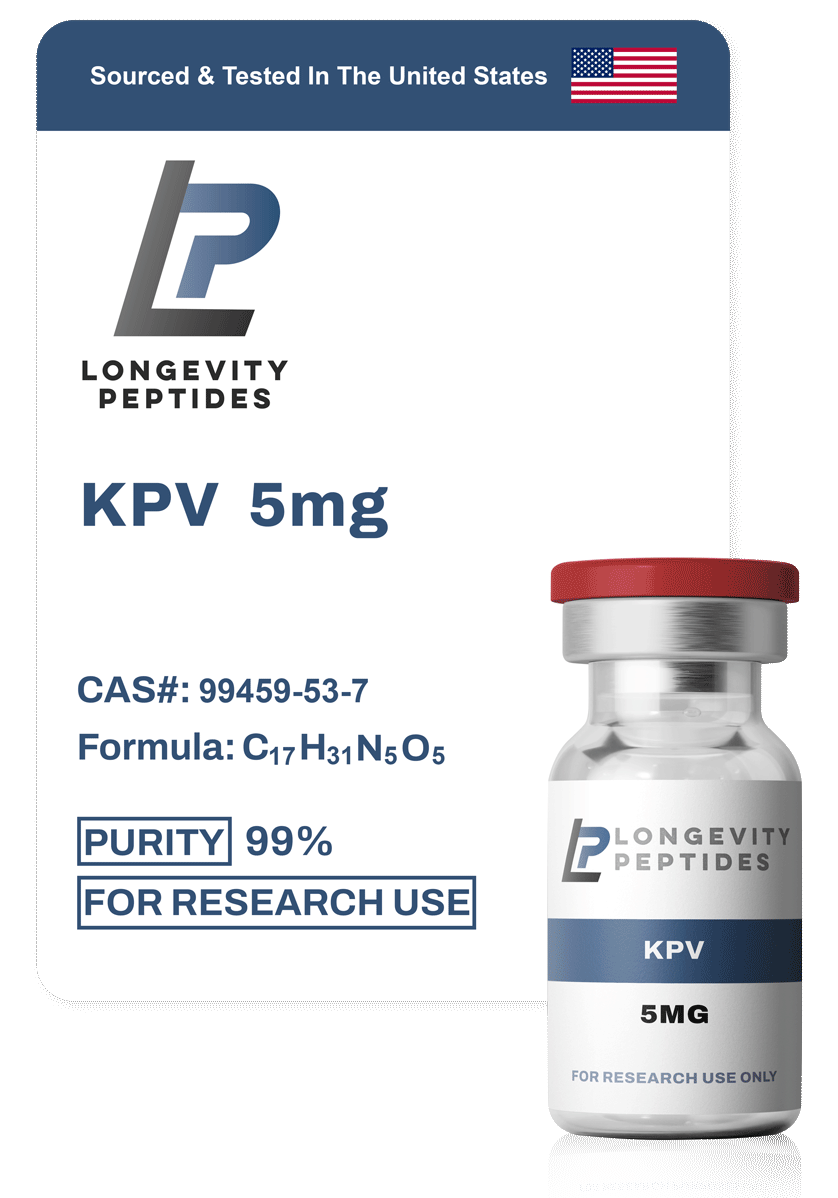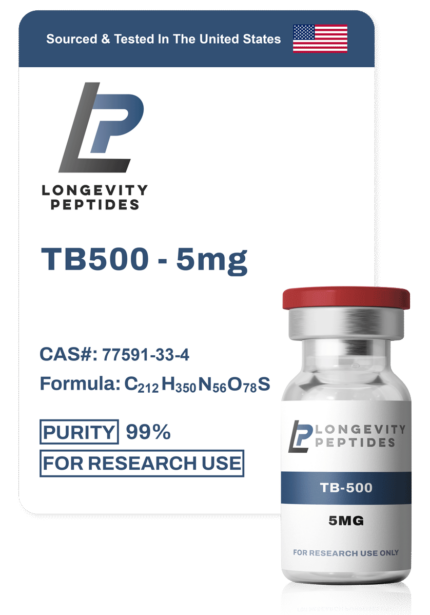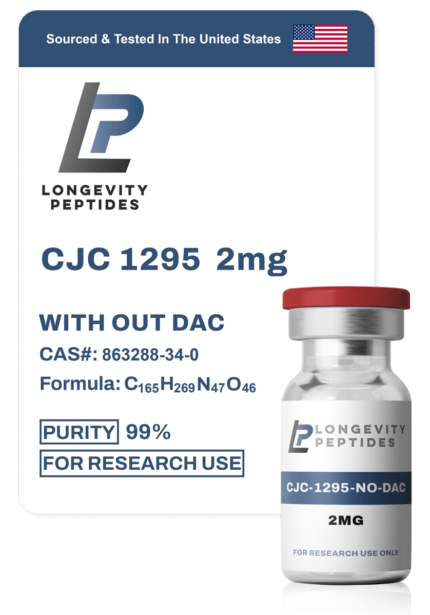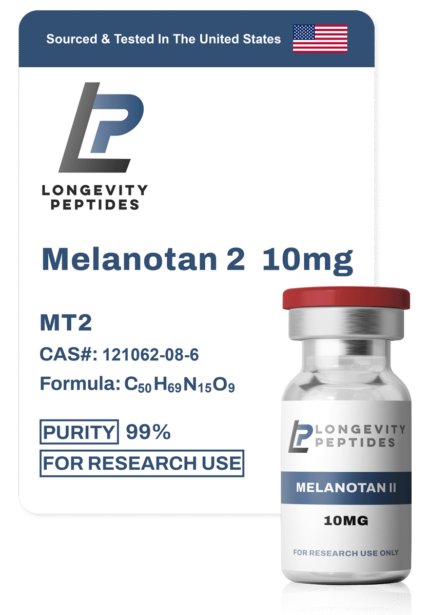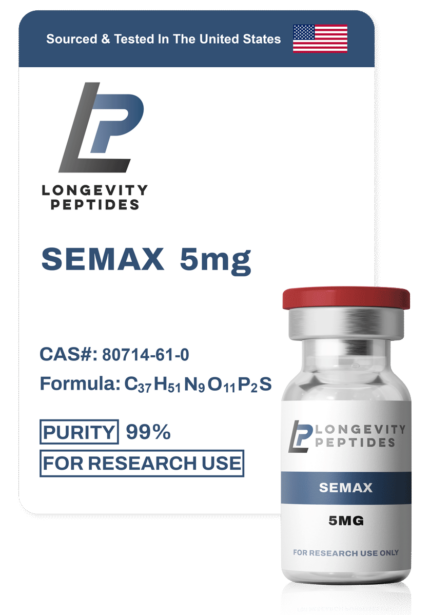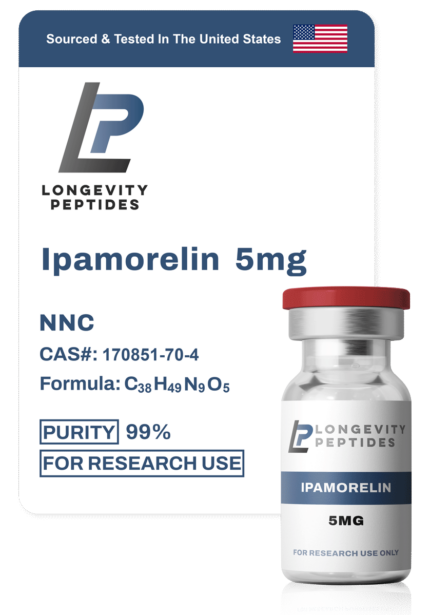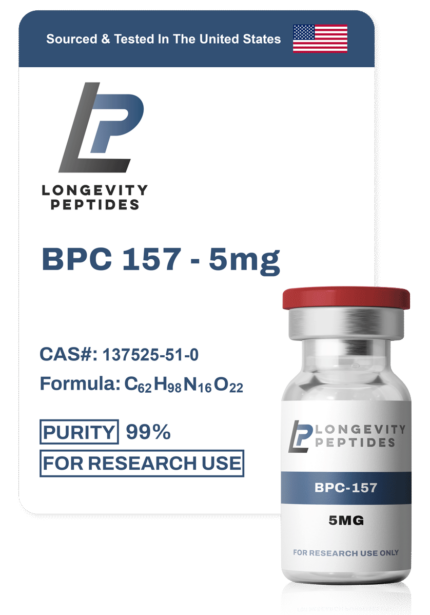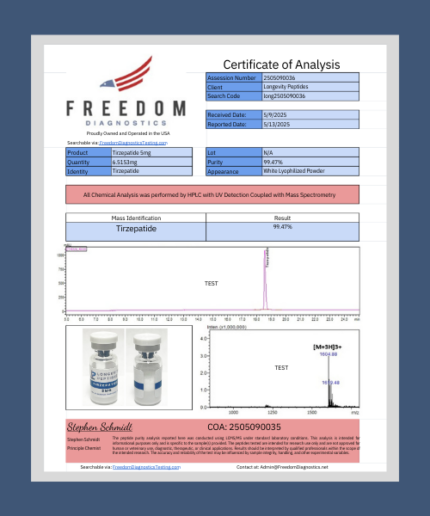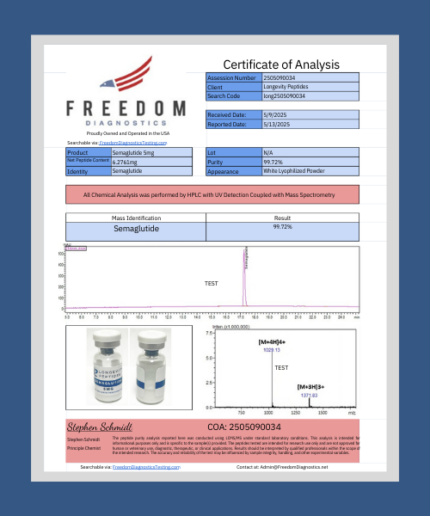KPV 5mg
$35.00
KPV is a tripeptide composed of three amino acids: lysine (K), proline (P), and valine (V). It’s a naturally occurring fragment derived from the C-terminal end of alpha-melanocyte-stimulating hormone (α-MSH), a hormone known for its roles in pigmentation, inflammation regulation, and immune modulation. KPV retains many of α-MSH’s beneficial properties, particularly its anti-inflammatory and antimicrobial effects, but in a smaller, more targeted form, making it a promising peptide for various therapeutic applications.
10 in stock
🔬 Primary Uses of KPV Peptides in Research
KPV peptides have become a significant subject of scientific interest due to their wide range of biological activities, particularly in anti-inflammatory and immune-supporting applications. This synthetic tripeptide, derived from alpha-MSH (alpha-melanocyte-stimulating hormone), has demonstrated promising results in both in vitro and preclinical studies. Below, we explore the major potential applications and mechanisms of action based on current research.
🧠 Anti-Inflammatory Activity
One of the most studied aspects of KPV peptides is their ability to suppress inflammation at the molecular level. Inflammation is driven by specific cellular signaling pathways, including NF-κB and MAPK, both of which are known to trigger the production of inflammatory cytokines such as TNF-alpha, IL-6, and IL-8. KPV appears to block these pathways, reducing the body’s overreaction to stressors and foreign pathogens.
This anti-inflammatory profile has been shown to be beneficial in research related to autoimmune diseases, chronic inflammation, and inflammatory bowel conditions. Due to its targeted mechanism, KPV peptides offer a potentially safer alternative to long-term corticosteroid use.
🦠 Gut Inflammation & Digestive Health
Recent findings have linked KPV peptides to potential gut-healing effects, especially in research surrounding Crohn’s disease, ulcerative colitis, and IBS (Irritable Bowel Syndrome). KPV interacts with the PepT1 transporter, which is commonly overexpressed in damaged or inflamed intestinal tissue. This allows it to be more efficiently delivered into the site of inflammation in the gastrointestinal tract.
These properties have sparked interest in oral KPV formulations for research involving mucosal repair and gastrointestinal immune responses. Some researchers suggest it may support the epithelial barrier, reduce intestinal permeability, and decrease oxidative stress in gut tissues.
🧬 Wound Healing and Tissue Repair
The dual anti-inflammatory and antimicrobial effects of KPV peptides have also made them a focus in studies on wound healing. When applied topically or through injection in lab environments, KPV has shown promise in accelerating tissue regeneration and lowering infection risk. Its role in modulating immune activity while fighting pathogens helps promote faster recovery without the drawbacks of conventional antibiotics or steroids.
Applications explored in studies include post-surgical recovery, chronic ulcers, and even pressure wounds. Its potential cosmetic benefits—such as minimizing scarring—have also made it a peptide of interest in dermatological research.
🧴 Skin Health & Dermatological Applications
KPV peptides are being evaluated for use in inflammatory skin conditions like psoriasis, eczema, and acne. By reducing histamine reactions and modulating immune cell behavior in the skin, KPV may help alleviate redness, itching, and irritation. Importantly, it does so without the skin thinning often associated with topical steroids.
Topical KPV solutions are under investigation for long-term safety and efficacy in managing chronic skin inflammation, offering a more targeted, peptide-based solution.
🛡️ Immune Modulation & Antimicrobial Action
In addition to its inflammation-reducing effects, KPV peptides have shown promising antimicrobial activity against pathogens like Staphylococcus aureus and Candida albicans in vitro. This makes it a compelling candidate for research focused on immune balance, particularly in cases where infections are accompanied by inflammation.
Its immunomodulatory action may also offer benefits in autoimmune conditions, where maintaining the right balance between immune suppression and immune activation is crucial.
💉 Research Use & Administration
Researchers have explored several delivery formats for KPV peptides, including:
-
Oral (capsule/spray): Ideal for gastrointestinal studies
-
Topical: For skin and wound-related applications
-
Injectable (subcutaneous): For systemic anti-inflammatory testing
-
Iontophoresis: A transdermal method to boost skin absorption
Typical lab dosages in studies range from 200–500 µg/day, but protocols vary depending on the research goal and administration method.
⚠️ For Research Use Only
This product is strictly intended for laboratory research and in vitro testing only. KPV peptides are not approved for human or animal use. Any handling must be done by trained professionals in accordance with applicable guidelines. The data presented is for educational and scientific discussion purposes only.
| Specification | Details |
|---|---|
| Product Name | KPV – 5mg |
| Appearance | White Lyophilized Powder |
| Purity | ≥ 99% |
| Sequence | Lys-Pro-Val |
| Molecular Weight | 356.47 g/mol |
| CAS Number | 99459-53-7 |
| Solubility | Soluble in Sterile Water |
| Storage | -20°C for long-term; refrigerate after reconstitution |
| Usage | For Laboratory Research Use Only |
Related products
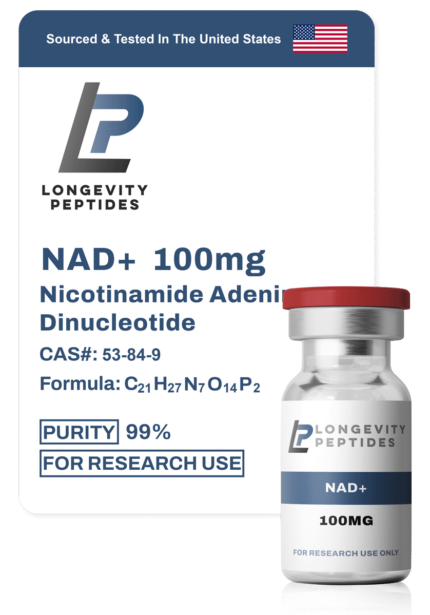
NAD+ 100mg/200mg
$35.00 – $45.00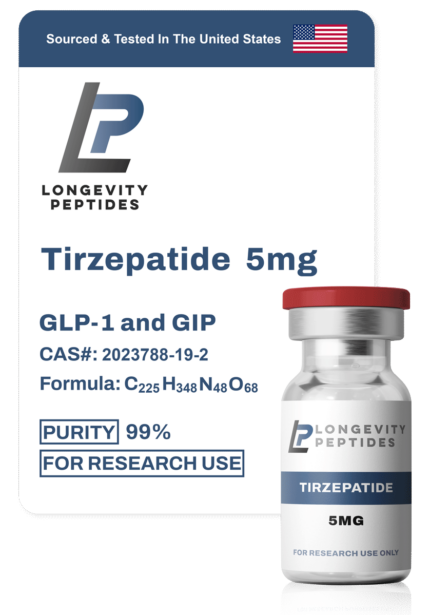
Tirzepatide 5mg/10mg/15mg
$105.00 – $250.00